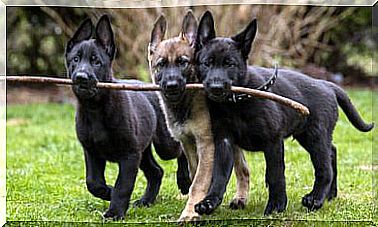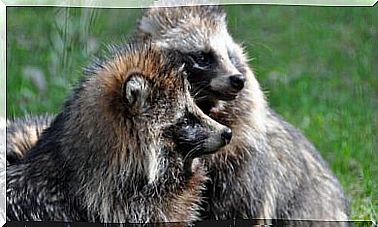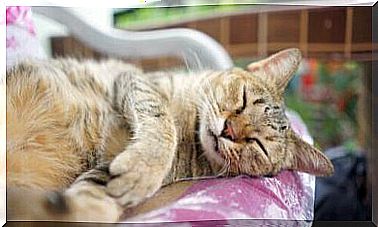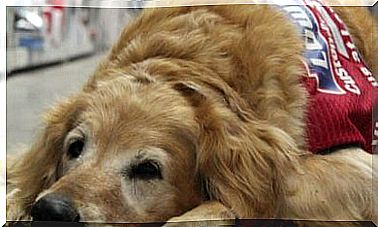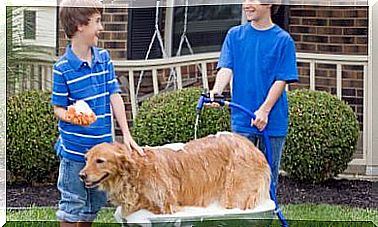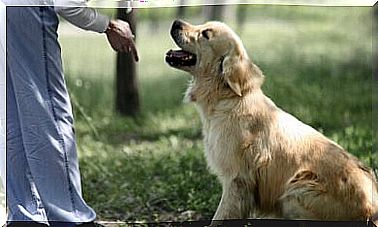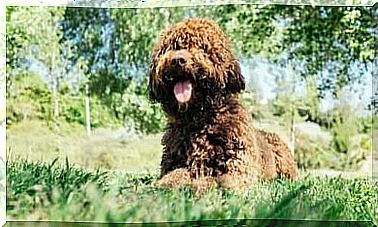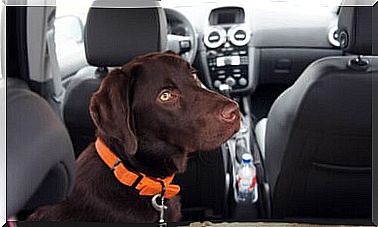Why Does My Dog lick His Mouth?
Ever wonder if, when your dog licks his mouth, he’s trying to send a message? If you watch a dog lick its mouth, you can assume it is eating or drooling over something. But what if there’s no food nearby? What does this habit mean?
Mouth licking is a type of canine communication. When a dog licks its mouth, it uses body language to let you know how it’s feeling. If your dog licks its mouth, one of these situations could be happening:
He is anticipating that he will receive food
The most obvious reason your puppy licks his mouth is to anticipate the food. It is common that anticipation is also the cause of increased salivation.
It is sending a calming signal
According to professional trainers, the rapid movement of a dog’s tongue in and out of the lips is often a sign of appeasement. Among dog trainers, the term “calm signs” refers to mouth licking and similar behaviors.
It all comes down to dogs licking their mouths feeling stressed – or uncomfortable – with what’s going on around them. When faced with a situation they consider a threat, they emit a calm signal to avoid aggression.
An example of this can be seen in dogs that are reprimanded for a mischief. In this situation, the dog may see its owner as a threat.
Then the dog offers a calming gesture by licking its own mouth and avoiding looking. It is a way the dog uses to say that it is not a threat to the person or animal that is behaving aggressively.
the dog licks its mouth out of fear
A fearful dog could also lick its lips. Dogs sometimes exhibit gestures such as licking their mouths and yawning when they are frustrated or confused.
Many owners realize this during training sessions when their dogs have trouble understanding what is being taught.
He feels nausea, physical pain or oral discomfort
Another possible important reason a dog licks its mouth is a health-related problem such as nausea, dental disease, or mouth pain. If your dog is licking his lips or drooling more than usual, a visit to the vet can rule out a medical cause.
Look for other signs of illness and monitor your dog closely. He may also be experiencing physical discomfort or intestinal problems.
A dog that licks its mouth can suffer from anxiety
There is a study that examined canine behavior that occurs after being separated from owners for 30 minutes, two and four hours. The researchers found that the longer the separation, the more the dogs licked their mouths and swayed when they found their owners.
If your dog licks his mouth when he’s on a vet appointment, or another place that makes him nervous, try to redirect his attention in a positive way.
For example, you can ask him to do a trick and then reward him for fulfilling your request. Avoid comforting your dog when he is uncomfortable, as this only reinforces his fear or anxiety.
Dogs have developed signs of calm as a way to communicate and avoid conflict between them. Thus, it is estimated that dogs have about 30 signs of calm. They use these signals when interacting with humans and other dogs.
It’s important to note when, how, and what makes your dog lick his mouth, as this can indicate anxiety or stress. Every dog is different, but with a little time and observation, you can ‘read’ their messages clearly.
